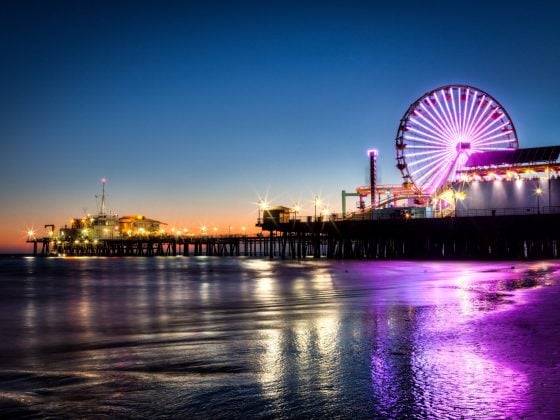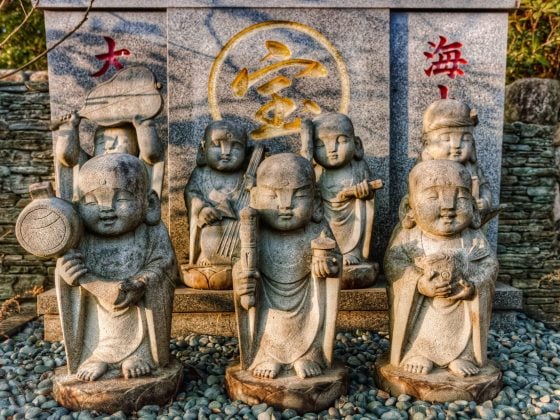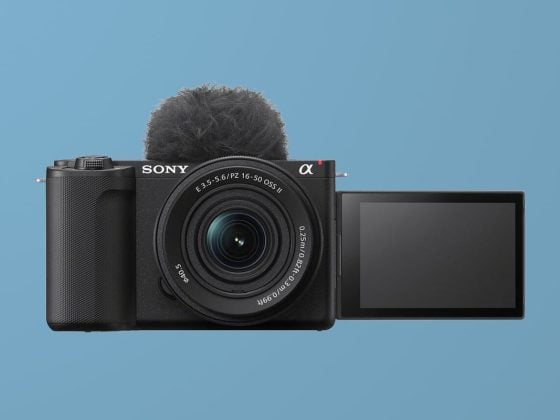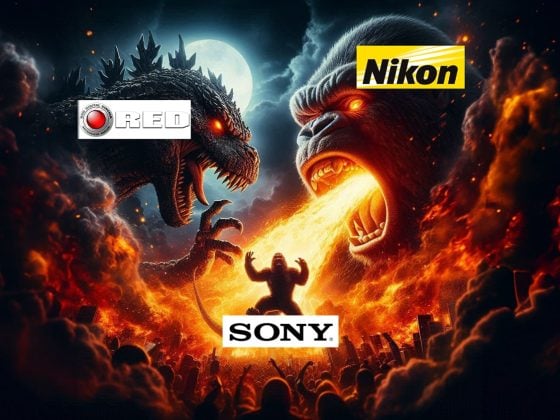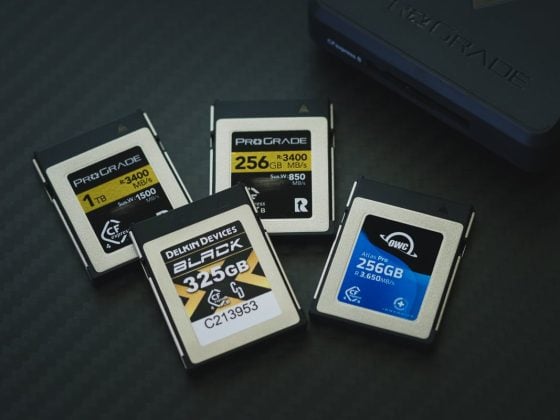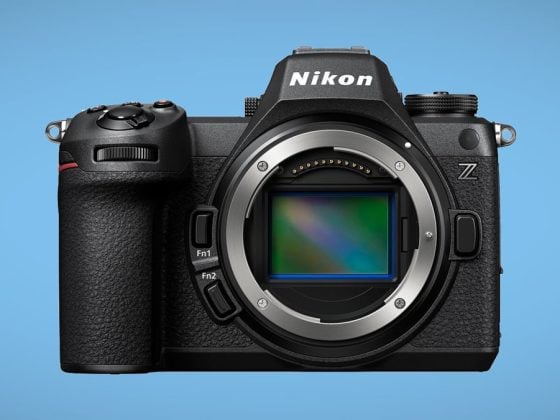UV filters are often marketed as a way to improve image quality, protect your lens, and reduce haze. But are they really worth it? Or are they just a waste of money and a potential source of problems?
In this blog post, we will explore the pros and cons of using UV filters on your lens and help you decide whether to use them. We will cover the following topics:
Table Of Contents
Should I Use A UV Filter On My Lens?
This is one of the most significant debate topics regarding photography and lenses. Well, some big photographers do not. Some do. I do sometimes; I sometimes do not.
Here are some reasons why you should use a UV filter.
Three Reasons To Use UV Filters
1. Use A UV Filter To Help Weather Seal Your Lens
Some lenses have a moving front element when zooming. This creates a vacuum that sucks dust and other matter into the lens. Using a UV filter will minimize the material caught in your lens and lengthen its life. They can also keep dust and moisture from getting inside and behind that front element.
2. Protect Your Lens
If you’re traveling with your lens or shipping it, using a UV filter is not a bad idea. When traveling now and then, I’ve had my lens cap pop off inside my camera bag. If loose debris moves around and makes contact with your front element, it could destroy it.
Lens hoods also do a lot to protect your front element, but if you’re on a more miniature camera like a Fujifilm X100V, your front element will be exposed. If you bump your camera into a door handle and don’t have a front UV filter installed, it could destroy your front element.
3. Keep Your Lens Clean
UV filters aren’t just used to protect your lenses from physical damage but also can be used to keep them clean. This is especially nice if you’re in an environment where water can get on your lens that isn’t pure, like near a waterfall or on a beach.
Here is an example. I was shooting the Santa Monica pier one night when the waves were about three to four feet high. The salty mist sprayed the water, collecting on my camera and lens and creating a sticky film. When I tried to wipe this film off, it smeared everywhere. Then it got on your microfiber cloth, and you had to keep using clean cloths to try to get it off, in my case, the inside of my shirt.
Luckily, I had a few filters, so I could swap them out and put on a new one instead of cleaning the existing one. The last thing you want to do during sunset is waste vital minutes cleaning lenses and filters.
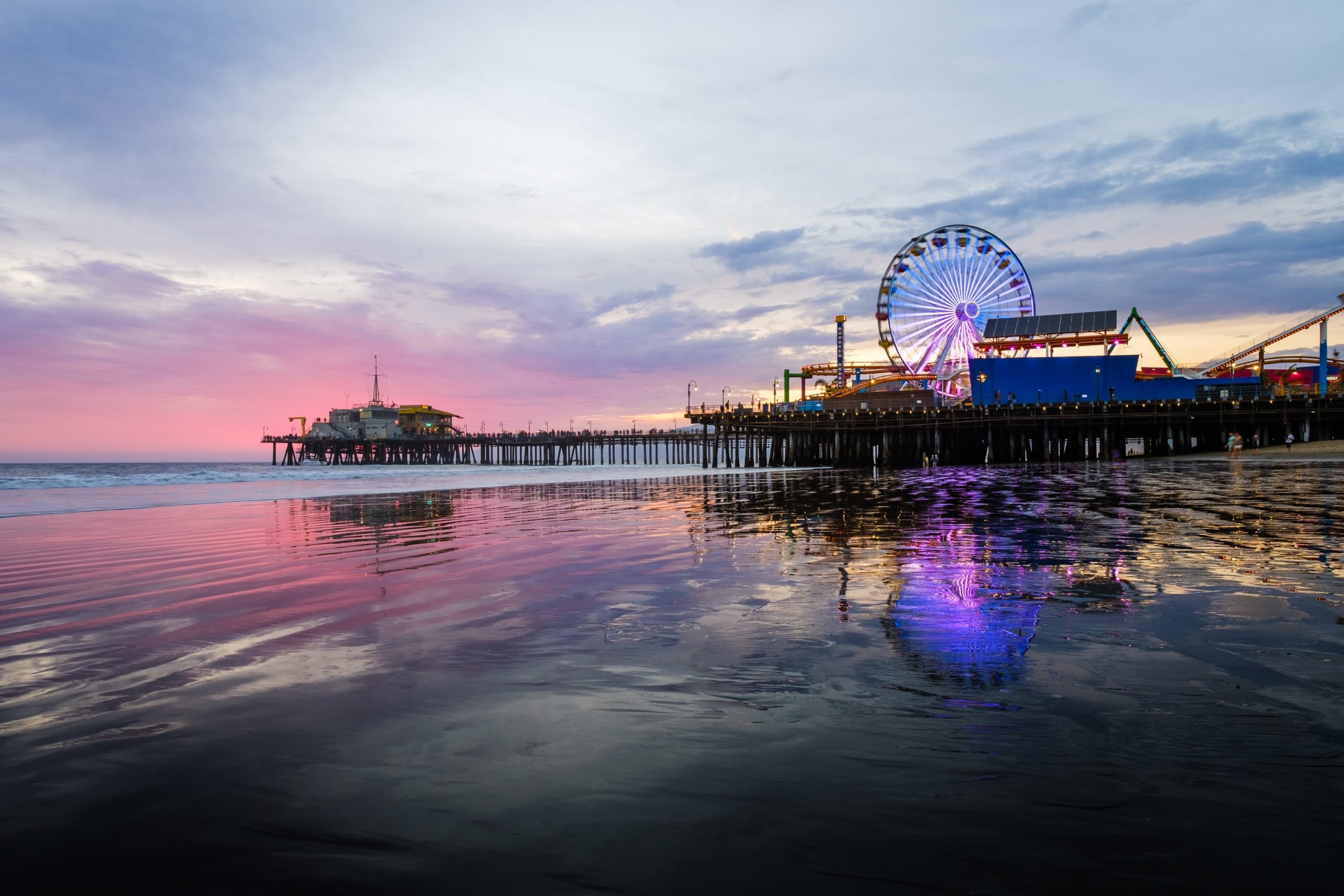
Three Reasons Not To Use UV Filters
There are a few reasons photographers stay away from UV filters.
1. They Can Increase Flaring
If you don’t have the absolute best UV filters, they can cause additional flaring or strange flaring shapes that don’t match the lens’s optical design.
Again, this is especially true if the filter isn’t coated very well. If you get a UV filter, make sure you get a multi-coated one. This helps get rid of the flair and reflection.
I read an interesting article on lenses and coatings. If you want to know more, you should check it out at CanonRumors All About Lens Coatings.
To summarize, glass reflects some light, so the more glass you add to your lens, the less light gets to your sensor. This could be as much as 4% or as little as 0.5% of lost light. The advanced multi-coatings keep light from reflecting, allowing more light to pass through the lens, resulting in a higher contrast image. So, an advanced coating, multicoated on both sides, will only reflect 0.5% of the light.
2. You Might Not Need Them For Protection
Some say a lens hood can provide all the protection you need from physical damage, and this is true. On many of my lenses, the hood is so massive that there is really no reason you’d ever have to worry about something hitting the front element. I typically don’t use UV filters on some of my lenses, like my Nikon 85mm f1.8.
3. You Shoot In A Studio
In a studio environment, using a UV filter doesn’t always make sense. You don’t have to worry about the weather, UV light, or flaring that poorly coated cheap UV filters could create.
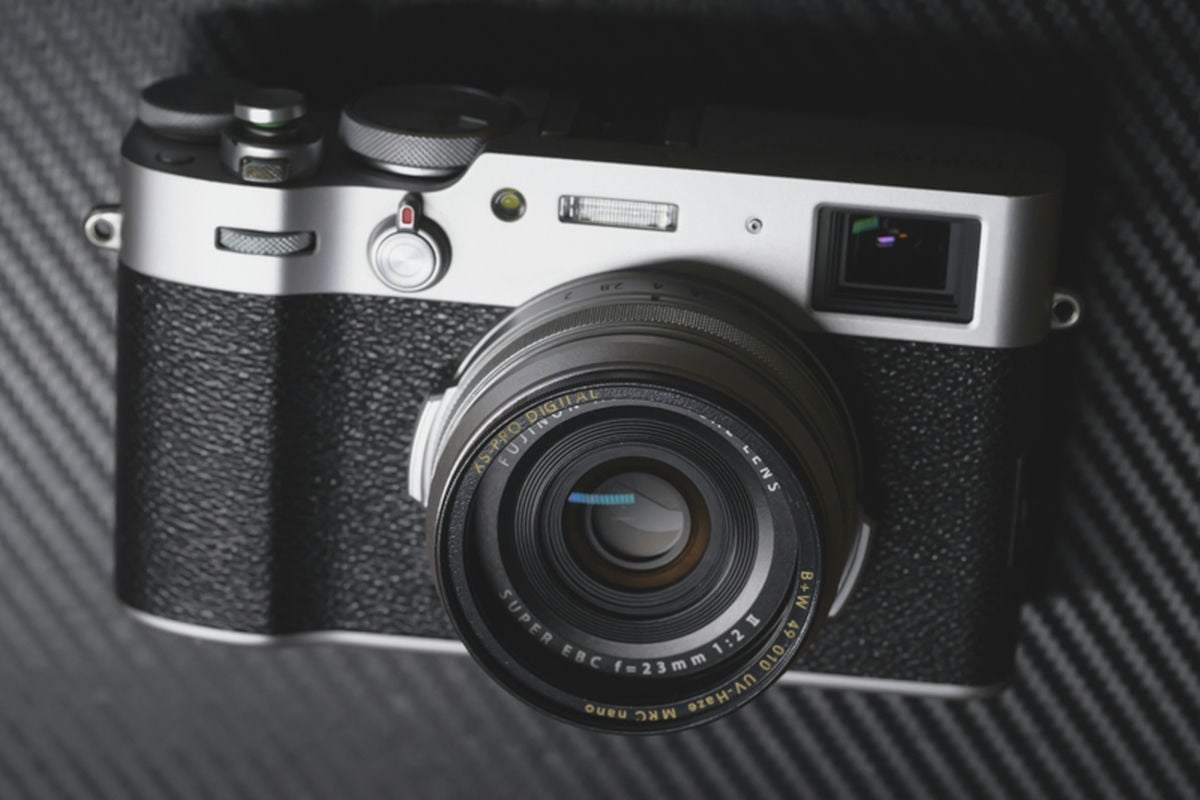
Do You Need A UV Filter?
I recommend having at least one UV filter for the different filter threads of your lenses. You don’t need to use them all the time, but they are useful occasionally when traveling or shooting in dirty environments. They are worth owning, but you don’t necessarily need one on every lens all the time.
What To Consider When Buying A UV Filter
I’ve heard so many photographers say, “If you spend all this money on your lens you better get a good UV filter to protect it and not some cheap one.”
There are sometimes really expensive UV filters and sometimes cheap UV filters. Generally, the more expensive UV filters are better. Here is why.
Coatings – There are different types of coatings and different patents of coatings. You’ll see this when you compare a Fujinon lens to something like a 7Artisans lens. Fujinon has access to some high-tech coatings that might be proprietary to their brand. The quality of the coatings makes a difference.
You’ll see single-coated, Multi-coated, or nano-coated. The nanocoatings will be your best option. Not only are they great at minimizing light reflections, but I’ve noticed they also stay cleaner.
Brass vs. Aluminum—The build quality of your UV filter also matters. The material that makes up the exterior ring of your filter can make a big difference. Aluminum UV filters are usually a lot cheaper than Brass filters.
Brass has a higher strength and hardness than aluminum. This means the filter threads are less likely to get messed up, and generally, I’ve never had a brass UV filter get stuck to my lenses under big temperature changes where I have with Aluminum. This is because Aluminum expands and contracts under high or low heat more than Aluminum.
I once had an aluminum filter stuck to my lens, and I couldn’t get it off until I put it in the freezer for a few minutes. Sometimes, it works the other way; you have to put it under heat to get the filter to expand.
This doesn’t just apply to UV filters. Many of our FX filters or ND filters will use different qualities of coatings and metal rings in their designs. You can read about what I don’t like about the Tiffen Black Pro Mist filters as an example of some FX filters that can be fun to use.
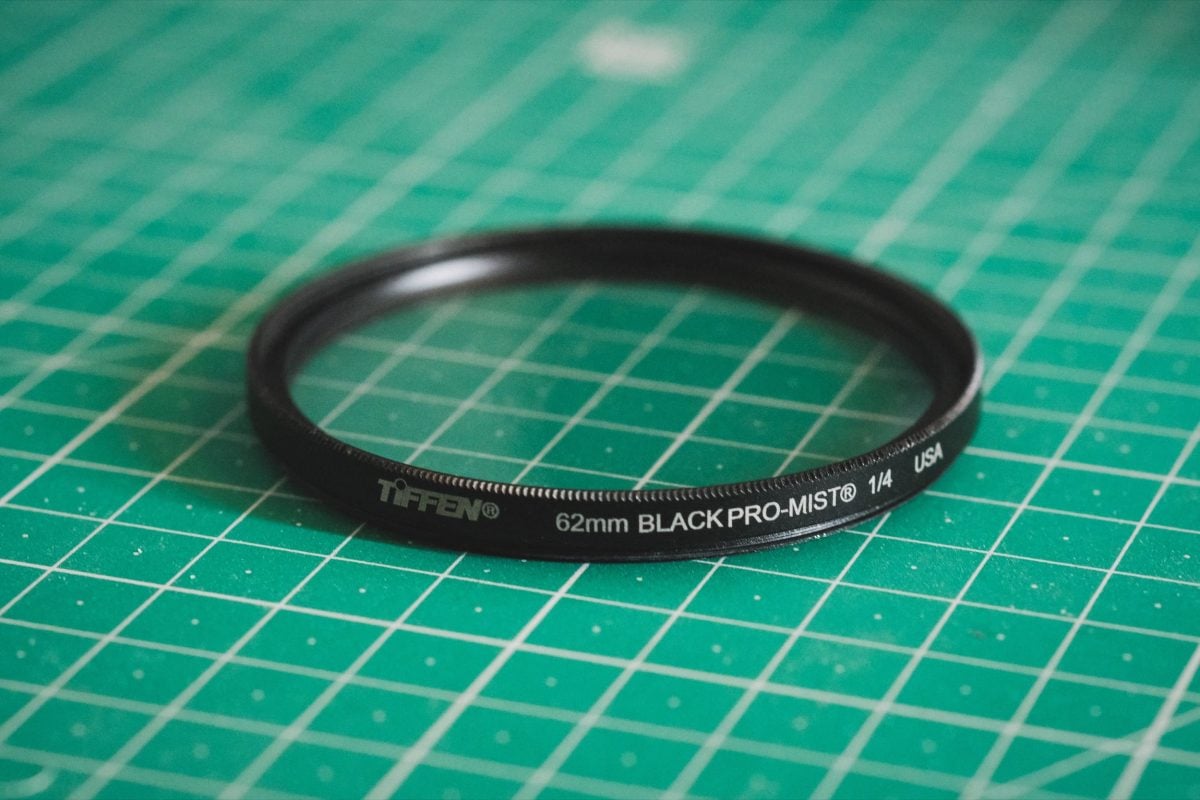
Other Resources
Lens Rentals posted a pretty interesting situation you should be careful in, especially without a UV filter. A fun read. How to ruin your gear in five minutes.
| **This website contains affiliate links. We will earn a small commission on purchases made through these links. Some of the links used in these articles will direct you to Amazon. As an Amazon Associate, I earn from qualifying purchases. |

